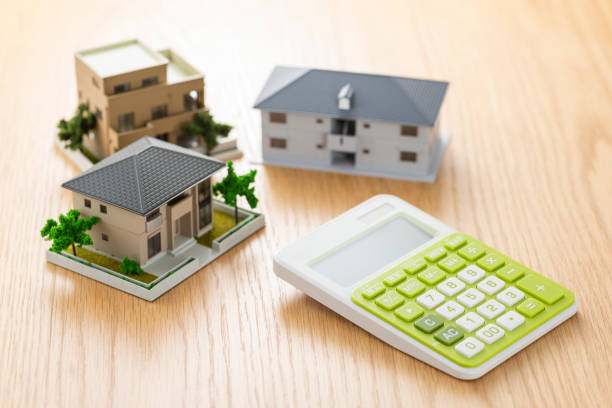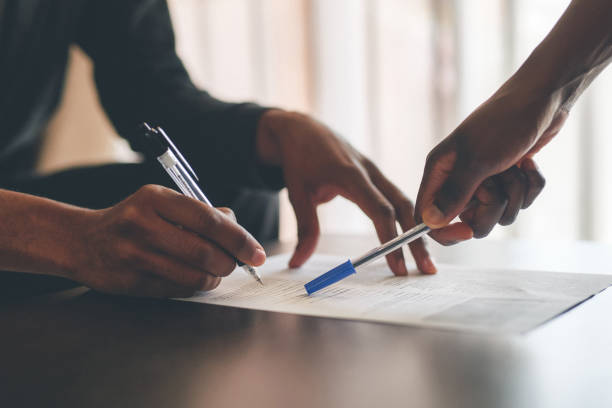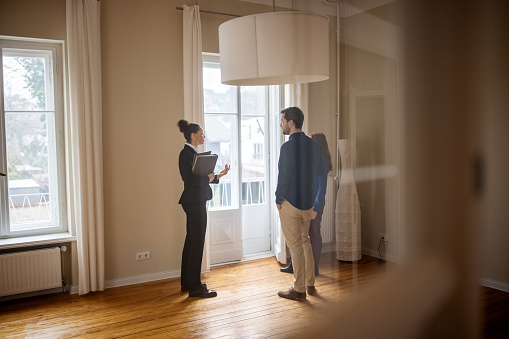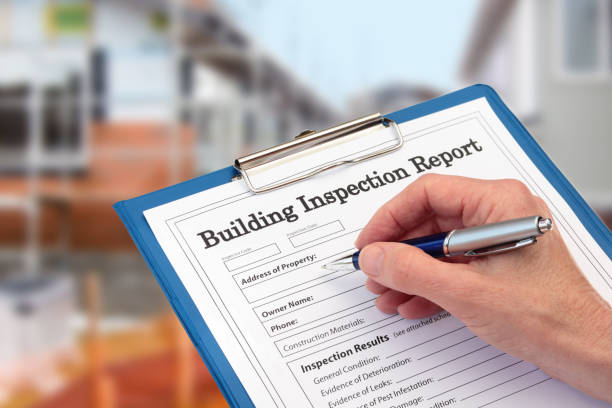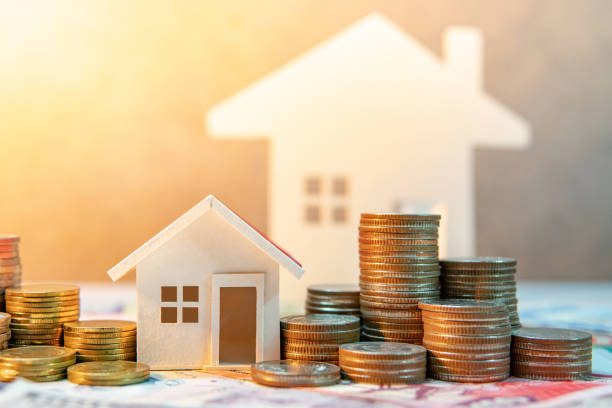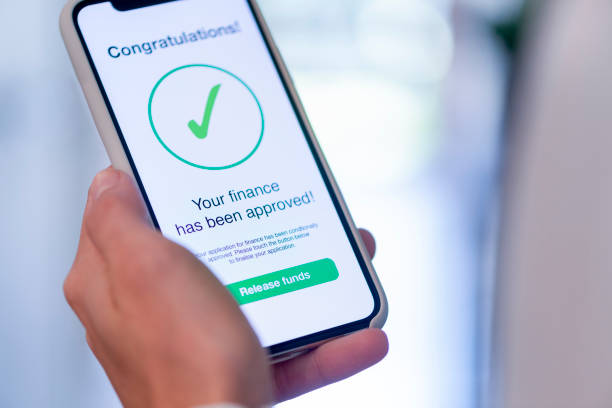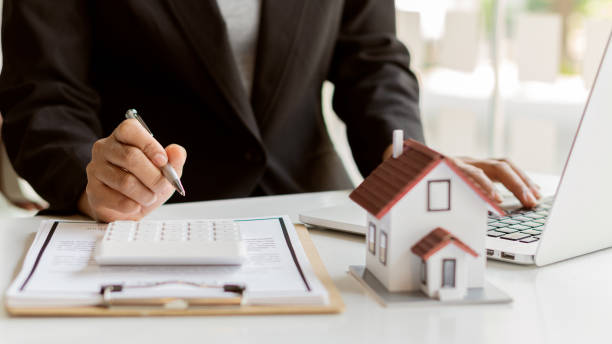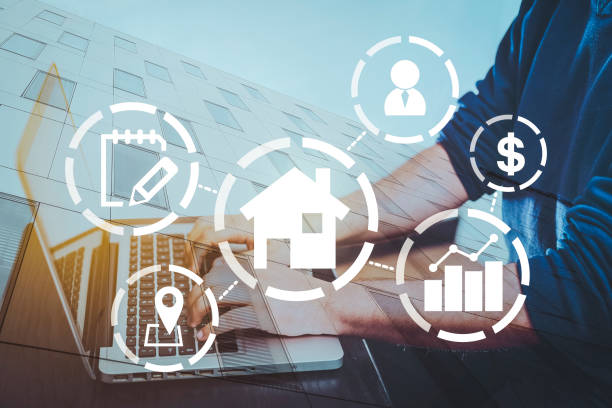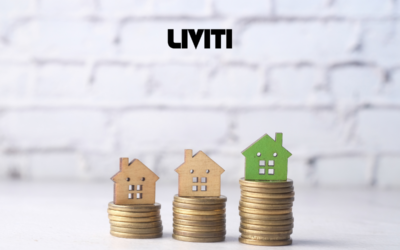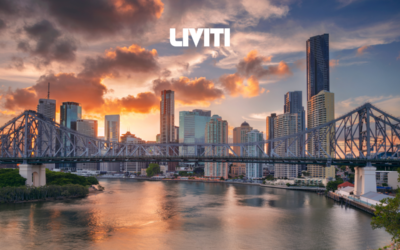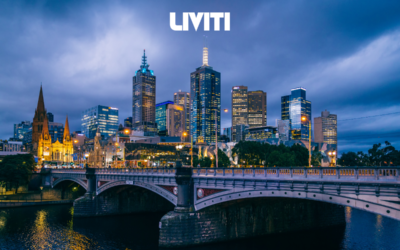How exciting – You’ve decided to embark on the journey of buying an apartment!
As with most significant decisions, venturing into the realm of buying an apartment can be both exhilarating and overwhelming. It’s a major investment that requires careful consideration and planning to ensure a smooth and successful transaction.
Do not worry! Liviti Property is here to guide you every step of the way. We understand that to buy an apartment is not just about finding a place to live; it’s about making a sound financial investment for your future.
Whether you’re considering buying an apartment in Melbourne or buying an apartment in Sydney NSW, it’s essential to weigh the pros and cons to determine if it aligns with your financial goals. While some may view buying an apartment as a good investment, others may have reservations about the associated costs and potential risks.
Our comprehensive guide covers everything you need to know about buying an apartment, from understanding the hidden costs to evaluating whether buying an apartment is a good investment for you. With Liviti by your side, you can navigate the complexities of the real estate market with confidence and clarity.
Knowing what are the costs associated when buying an apartment
The hidden cost of buying an apartment can often derail your finances and budget and impact your purchasing experience and future lifestyle if you are not aware of them upfront.
It’s crucial to understand the nuances of buying an apartment vs buying a house, as they come with different financial considerations and lifestyle implications. To ensure a smooth buying process while buying an apartment vs house, it’s wise to have a comprehensive buying an apartment checklist in place.
This checklist should cover essential factors such as location, amenities, budget, and potential resale value. Additionally, researching tips on how to buy an apartment can provide valuable insights into navigating the complexities of the real estate market.
Before buying an apartment, take the time to assess your needs, financial situation, and long-term goals. This proactive approach will help you make informed decisions and avoid any surprises during the purchasing process.
Understand what you want and how much apartments with those features & amenities cost
There should be some must to have questions to ask when buying an apartment. Before buying an apartment, begin with your apartment search, so that you can decide on what is important to you in an apartment. Ask yourself the below:
- How many bedrooms will I need and will I need a study?
- How many bathrooms will I need, and would I prefer an ensuite?
- Will I need a car space or multiple car spaces?
- Is storage space available, and is it included, or can it be added at an additional cost?
- Is a view critical, and what type of view would I like to wake up to every day?
- Will I need air conditioning?
- What kind of security features do I want in my apartment block?
- Do I want to be in a location that is accessible to public transport?
The combination of features you’d like will impact the cost of the property. Start by making a ‘Must have’ list and a ‘Nice to have list’ to help you compare properties and their value.
The Obvious Costs
Deposit
Your deposit is the first payment you will need to pay to secure the dream apartment you have found!
Once you’ve signed on the dotted line and the contracts are exchanged between you and seller, you will be expected to pay the deposit on the property. This can range between 5-20% of the purchase price, depending on what has been agreed with the seller or developer.
Purchase Price
The most obvious cost involved in buying an apartment is the purchase price. This price depends heavily on the market, location, supply/demand and many more factors.
Depending on the contract’s settlement terms, you will be expected to pay the remaining balance of the purchase price, often on settlement day. You must also ensure that your finances are in place in order for your lender to have the funds ready to transfer to the seller or developer upon settlement.
The Hidden Costs
The Hidden cost of buying an apartment may not be apparent in the initial stages but will feature in your weekly/monthly/annual budget once you have settled on the apartment.
Always consider these costs and assess them against possible benefits before signing on the dotted line of your contract. Speak with your property consultant or real estate agent to learn more about the specific costs related to the apartment you are looking to buy.
The top 10 hidden costs of buying an apartment
1. Property Inspection Fees
Pest inspection
A pest inspector will investigate a property both inside and out to check for damaging pests or traces of them. They will check all roof & floor cavities, along with any external buildings for any issues. If pests are detected, the inspection reports can help determine what treatment should be taken.
In most cases, this is not essential when buying brand new or off the plan apartments.
Building inspection
It is highly advised to book a building inspection to check the current condition of the property and any potential underlying problems.
Building inspectors are licensed professionals, who are skilled at identifying underlying issues. They will compile a report for you containing details surrounding the condition of the structure.
This is an essential inspection to ensure you are aware of any issues before buying the property.
In most cases, this is not essential when buying brand new or off the plan apartments. However, you can choose to do so at your own expense once the apartment complex is complete.
You can expect to pay approximately $350 for both a pest and building inspection combined.
2. Government Fees
There are plenty of concessions from the Government that you should consider, but there is also a handful of one-off fees.
The first government fee is the mortgage registration fee. This is a charge to register your home loan and can differ in price from state to state. This registration means prospectors can check future claims on the property. This cost can range between $100-$200.
3. Stamp duty
Although this is a Government Fee, it deserves a point on its own and in many ways, is far less hidden than most other fees. This tax is paid differently in each State and Territory in Australia when you buy a property, with the amount payable depending on the purchase price, type of property and whether you are eligible for any concessions or exemptions.
You can calculate your stamp duty payment here to give you an idea of the fee you will be up for when purchasing your apartment.
4. Finance fees
If you’re applying for a loan, under consideration, there will be several one-off fees when buying an apartment.
These can include:
- Lenders mortgage insurance: If your deposit is under 20% of the purchase price in Australia, your lender may ask you to pay Lenders Mortgage Insurance (LMI). The amount of LMI you are required to pay depends on the size of your loan and your lender and gives the lender more security.
- Mortgage Registration: See Government Fees above for more info.
- Loan establishment: A one-off cost to apply for a loan, covering bank fees and settlement attendance fees. It will generally cost between $500-$1,000.
- Interest Rates: The rate of interest you are charged from your lender and are based on your home loan. These rates can vary depending on the lender and based on borrowing capacity and deposit amount.
5. Valuation fees
A valuation is necessary to determine how much a property is valued – so the lender can be assured they will be able to recoup their funds if they were forced to sell the property due to the buyer (you) defaulting on their payments. You can expect to pay approximately $200-$300, though often your lender will look after organising the valuation process.
6. Loan service fees
Monthly service fee
These are the costs of lender administration on the loan and may include charges for redraw or prepayment of a fixed-rate loan. Depending on the lend, the cost per month can range from $5 to $15.
Annual service fee
Some lenders charge annual fees and they can vary. You should talk to your lender about their annual fees as they usually range between $250 – $450.
7. Home and Contents Insurance
It is common for home owners to bundle their home insurance policy with a contents policy, covering them for the cost of rebuilding or repairing in the case of a storm, flood, fire, theft or any other incident that is protected by specific policies.
In Australia, if you are borrowing from a lender to purchase a property, you must provide a current Home Building Insurance policy.
Prices on insurance policies vary depending on many factors such as property type, location, the value of contents, and so much more, so it is a good idea to get two to three quotes.
8. Conveyancer or solicitor fees for buying an apartment
The legal process of buying a property, along with managing the documentation and settlement of your property sale can be complicated, hence you should leave it to the experts!
To provide you with peace of mind & to ensure the process runs smoothly, you should hire the experts familiar with the legal documents and legislation within your State or Territory. You can expect to pay anywhere between $1,000 – $3,000 depending on the complexity of your purchase
Your Conveyancer or solicitor will look after any search processing needed, though you will be required to pay for these in addition to their standard feed.
The cost of searching for a title related to the property you want to purchase or any other searches connected to your loan application can cost you approximately $40-$60.
9. The living costs
With all the costs involved in buying an apartment, don’t forget to budget for practical costs once you settle on the property.
Moving costs
The day is here to finally move into your new apartment – don’t forget that you may need some help to move your belongings into your new home, which costs money!
As owners of an apartment, you will also need to organise the connection of your utilities, incorporate any removalist and cleaning costs, and consider the final payments and bills for your current residence.
New furniture
Decking out your new place with all the essentials (and of course a few extra pieces too) will cost money if you are not able to move your existing furniture, or are just looking to update!
Buying the essentials first is important, you can purchase those ‘Would like to have’ pieces once you have moved in and are settled.
Strata Fees
Buying apartments generally means buying into a strata scheme, which is essentially a system of ownership that sees individuals completely own their apartments, or ‘lots’, and share ownership of the apartment complexes common property with their neighbours.
As owners of an apartment and part of a strata scheme, you will be charged annual fees, or ‘levies’. These cover the cost of repairing and maintaining an apartment complex common areas.
These fees depend on the size of the apartment complex and the facilities or amenities they include.
As a result, most newer apartment buildings tend to have slightly higher strata fees in order to upkeep and maintain facilities such as lifts, pools and gyms.
Individual owners are usually charged a proportionate amount to the size of the apartment they own.
It’s worth finding out the approximate cost of your apartments strata prior to purchase, to ensure this will fit in your yearly budget.
Council Rates
As owners of the property, you will be charged rates by your local council and these are essentially property tax. These rates vary depending on your council and are used to fund a variety of programs, services and infrastructure across your local, state and national regions. Head to your local council website to estimate your rate costs.
Read More: The Ultimate Guide to Buying an Apartment in Canberra
Assessing your financial situation to know what you can afford
It’s great to know and be aware of all the hidden costs of owning an apartment, but how do you know what you can afford?
Assessing whether you have the borrowing capacity to purchase an apartment in the price range you are looking at should be your first step.
You can calculate your borrowing power here by adding in your income (and your partners if needed), then adding all your expenditure factors including your living expenses and current credit card repayments & limits.
Based on this you will be able to see not only your borrowing capacity but also what your approximate monthly repayments could look like.
From here you can work out how much deposit you should save, along with saving for all the hidden costs we have talked about.
If you’re a first home buyer, take a look here to find out more about how much deposit you will need and some of the assistance available to you.
Conclusion
If you’ve come this far, then you are well on track in being prepared for purchasing an apartment for yourself!
Although the process may seem daunting, Liviti is here to guide you and hold your hand through the entire process. Book an appointment with a Liviti Property Consultant to discuss your apartment buying options, or take a look at some of our current properties available to purchase.



